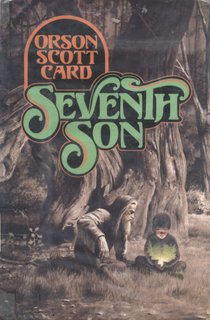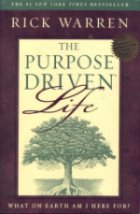The Lost Virtue of Happiness - Moreland & Issler
 I think that Moreland and Issler are able to make Dallas Willard's discipline concepts more accessible to the regular person. It is clear that this book was influenced by The Spirit of the Disciplines. I also really appreciated Moreland’s openness and honesty about dealing with his own depression. It has caused me to reconsider my attitude about that subject.
I think that Moreland and Issler are able to make Dallas Willard's discipline concepts more accessible to the regular person. It is clear that this book was influenced by The Spirit of the Disciplines. I also really appreciated Moreland’s openness and honesty about dealing with his own depression. It has caused me to reconsider my attitude about that subject.Another noteworthy point comes from an idea that C.S. Lewis described in Surprised by Joy. He (Lewis) talked about not being able to find joy if that was the goal. Joy is something that comes as a byproduct and not as the end itself. This concept is further discussed in the Happiness book. Society has made happiness something different than what it was in ancient times. Happiness is now pleasurable feelings and is very self-centered. The happiness that Moreland and Issler talk about is deeper and not self-focused. This book was truly worth reading.





